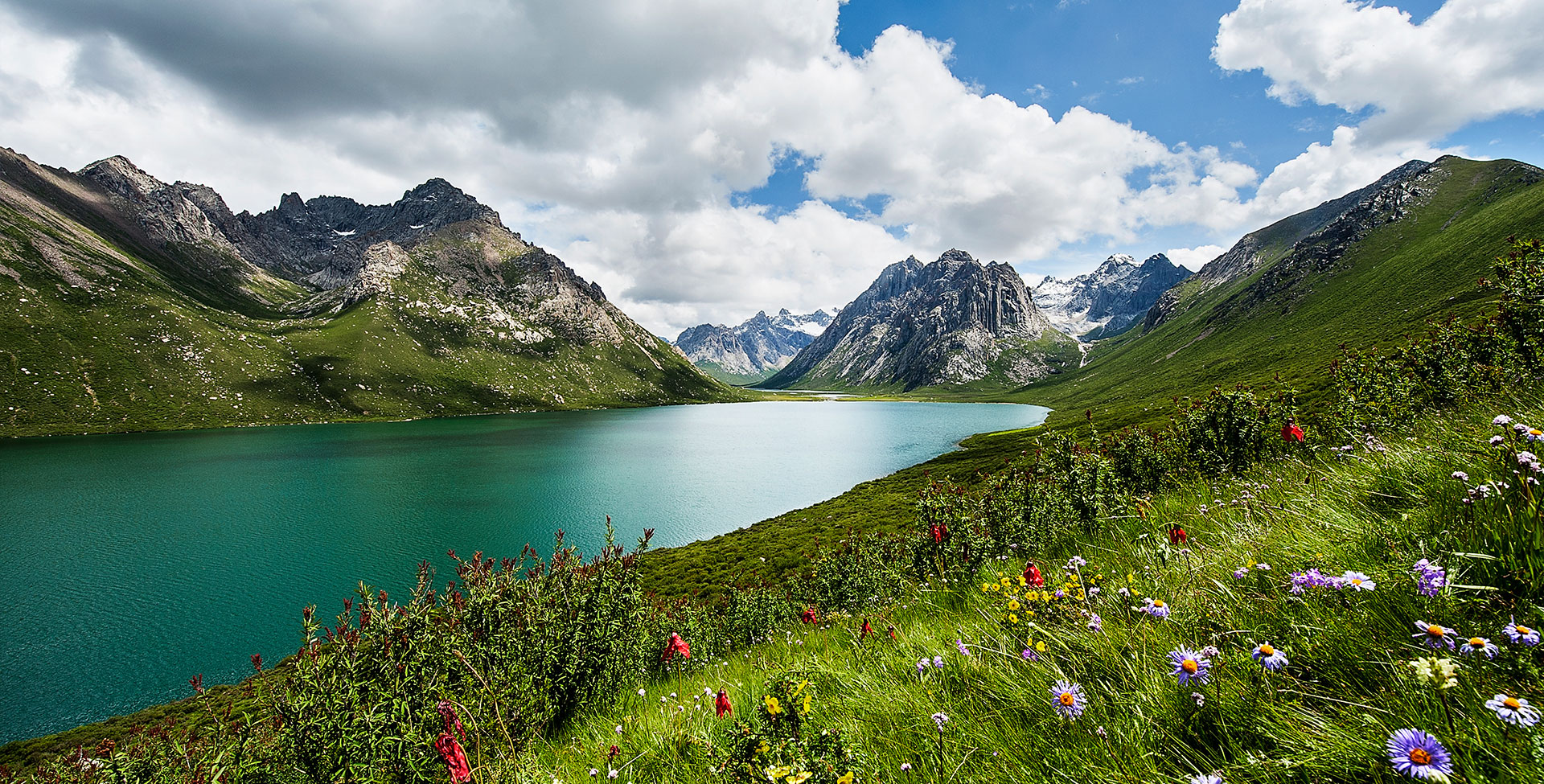About Conservation
Our planet is home to a stunning diversity of life, with vast numbers of species and ecosystems essential to sustaining a healthy natural environment and sustainable economic prosperity for humanity. From tropical rainforests to arctic tundra, wetlands to coral reefs, the world’s biodiversity is both immense and interconnected. Yet, today, much of this biodiversity is at risk, as rapid industrialization, urbanization, and deforestation put unprecedented pressure on ecosystems worldwide.
In the past few decades, human activities have led to significant declines in natural environment globally. For example, wetlands, which are crucial for water purification, flood control, and habitats for countless plant and animal species, have experienced a sharp decrease worldwide. Natural forests, which house 80% of terrestrial species, have been deforested at rates of nearly 10 million hectares annually, leading to habitat loss for countless wildlife species and an overall decline in biodiversity.
The environmental impacts of human activities extend beyond national borders. Deforestation and pollution are not confined to one region—they affect the entire planet, threatening the health of ecosystems and human communities globally. Greenhouse gas emissions from industrial and other sources contribute to climate change, disrupting weather patterns and altering natural habitats from the Amazon to the Arctic.
However, a growing global awareness of the importance of biodiversity is inspiring countries and communities around the world to act. Leaders across continents are increasingly acknowledging that economic growth and conservation must go hand in hand to ensure a sustainable future. In diverse regions—from Africa’s wildlife reserves to the rainforests of Southeast Asia—governments, NGOs, and local communities are investing in conservation efforts to protect biodiversity and foster nature stewardship.
This recognition that economic development and nature conservation are two sides of the same coin presents a unique opportunity. The Paulson Institute is committed to supporting these global conservation efforts, partnering with countries and communities to develop sustainable strategies that protect Mother Nature while fostering economic resilience. By working together, we can help ensure that biodiversity conservation remains a shared, global priority—one that benefits ecosystems and economies alike.


